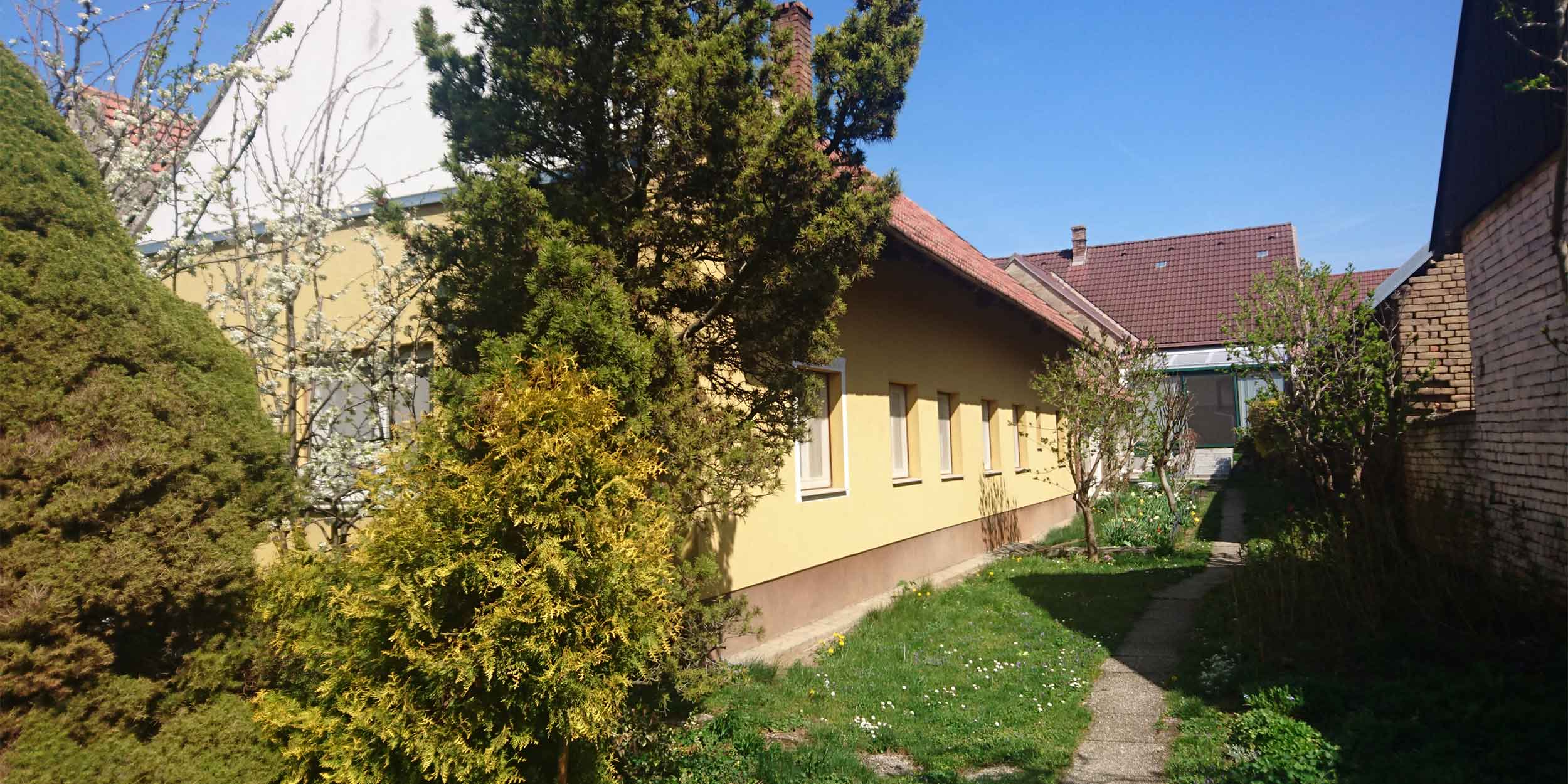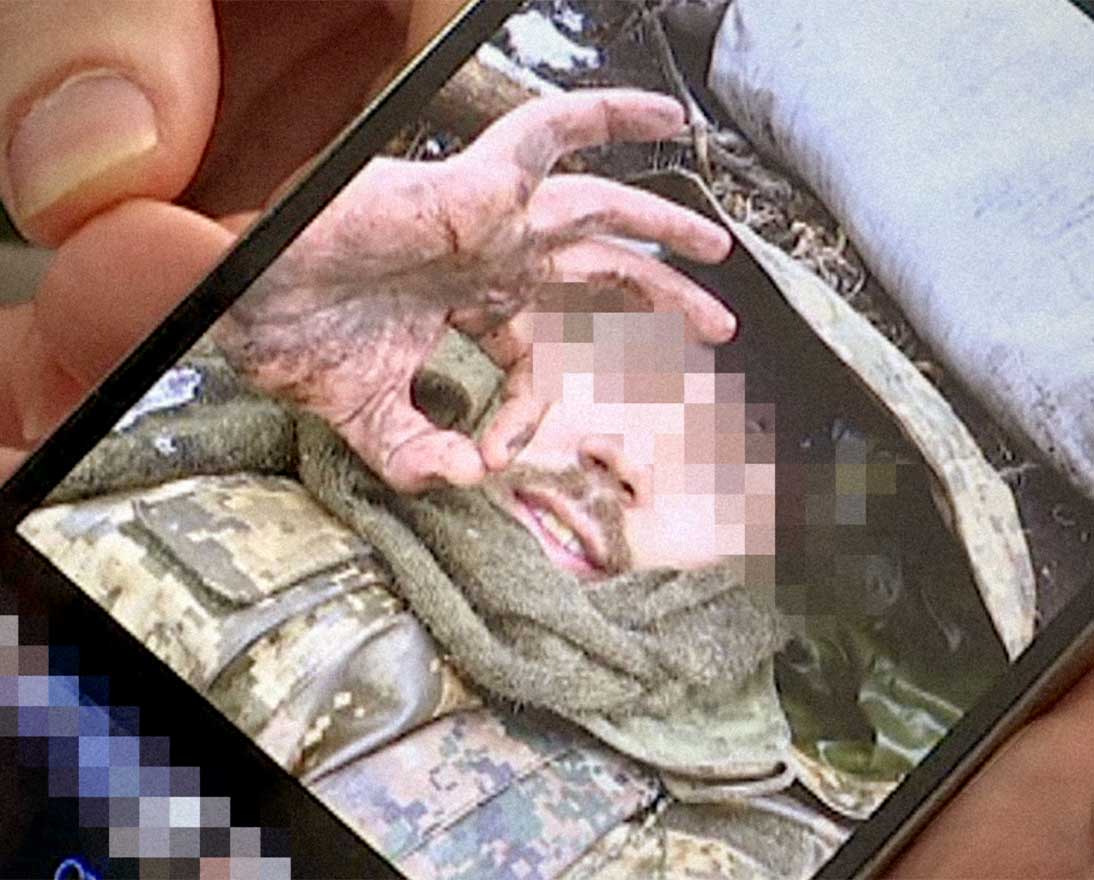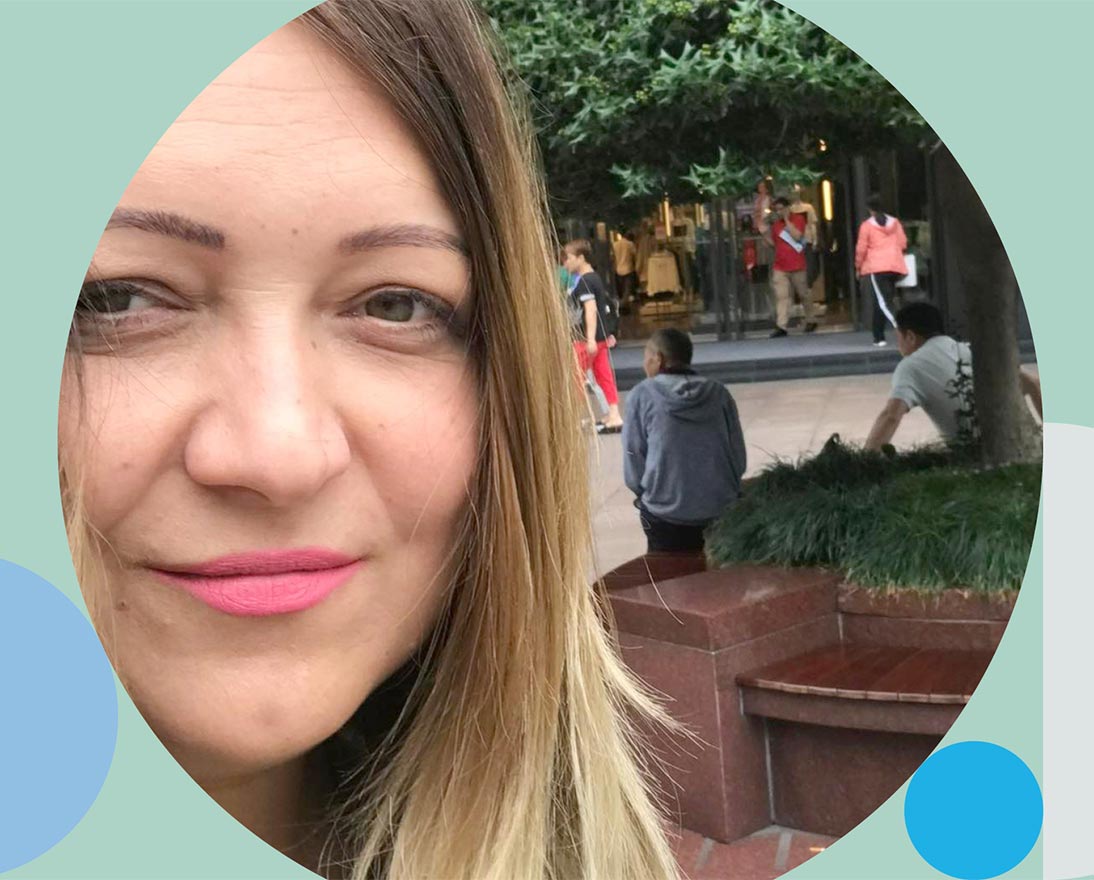A House for Refugees
PeopleArticleMay 4, 2022
Many employees across the Zurich Insurance Group are opening up their homes or providing other forms of accommodation to refugees fleeing Ukraine. Read about their experiences and what inspired them to help.
In 1945, Valerie Hausenbiegl was one of three million German speakers expelled from Czechoslovakia following the end of World War II. Along with her sons Alois and Hermann, she ended up in a refugee camp in Vienna, Austria.
Seventy-seven years later and Austria is dealing with another influx of refugees, this time from Ukraine. And Zurich Austria employee Hermann Hausenbiegl (Alois’ son) is helping them. Following the passing of his parents, Hermann was preparing to sell their house in a small village near Mistelbach, close to Czech border, when he heard about the Ukrainian refugee crisis and decided to offer it as accommodation to those seeking safety.
“From being the son of a refugee, I have now become the host of refugees,” says Hermann.
Hermann has been working with a small private association that is part of a local humanitarian network of municipal administrations and parishes that finds accommodation for Ukrainian refugees in Austria. The house is set up with separate living areas with a shared kitchen and garden so it can comfortably accommodate two family groups in privacy.
The first to arrive were two adult sisters and a teenage son from Kyiv. One was a teacher and so Zurich Austria provided her with IT equipment so she could provide online classes to her school children and other refugee children. The other was a nurse, but along with other healthcare workers she was asked in mid-April to return to Ukraine to support its overwhelmed medical facilities.
“She was fearful to travel back alone so her sister and her son traveled with her. It’s really dangerous because hospitals are not excluded as targets,” says Hermann. Since the start of the conflict on February 24, the World Health Organization has verified at least 100 attacks on health care facilities in Ukraine claiming 73 lives and injuring 51.
Other refugee families soon replaced them. Hermann has now had four different family groups stay at the house. The humanitarian network identifies and settles them into their accommodation, while Hermann – who lives a 45-minute drive away – visits at weekends to ensure the heating, electricity, water and other utilities are all working. But most important, he says, is the WiFi connection that allows them to listen to Ukrainian broadcasts about the war or to communicate with family and friends back in Ukraine or elsewhere in Europe.
“For me, the most surprising experience is the dynamic of this situation,” says Hermann. “My expectation was that people would come and stay for a long period until it is safe to return to Ukraine. But that’s not the case. They stay for two, three, four weeks – depending on their life circumstances – and then travel to other destinations to be with friends or relatives.”
Inspired by grandparents
Hermann is not the only Zurich employee inspired by his family’s history to take in Ukrainian refugees. Mark Heasman is hosting a mother and her 19-year-old daughter at his home in Zurich, Switzerland. Mark’s Ukrainian guests were keen to come to Switzerland as Swiss universities are offering Ukrainian students the opportunity to finish their studies with them.
“I thought about the stories my grandparents shared with me about their own experiences during World War II. Of being children who had to leave their families in and around London and were sent North to live with strangers who would look after them indefinitely,” says Mark.
Despite being safe in Switzerland, Mark says refugees “cannot escape the dread, the fear, the waiting and the unknown.”
He adds: “We can provide food and shelter, but the long-term mental health needs of people fleeing will be immense.”
But as part of his role for the Z Zurich Foundation (ZZF) – a charitable foundation funded by Zurich – Mark and the team are helping their mental health needs. In partnership with UNICEF, ZZF launched the Global Coalition for Youth Mental Wellbeing on April 7 to help improve mental health promotion and prevention among young people. Its initial focus will be on the mental wellbeing needs of the youth in Ukraine as well as those that have fled the country as refugees.
Among other activities, the ZZF is also providing financial support to refugees being hosted by Zurich employees or their immediate families in the form of vouchers that can be used to purchase food, clothing and other essentials. As of May 3, 131 hosts (79 employees and the rest immediate family members) have registered across 14 countries supporting more than 370 refugees.
Natalia Dzieglo is one employee using the scheme. In fact, hosting Ukrainian refugees has literally brought her closer to her boyfriend Piotrek as he moved in with Natalia to allow two women and three children to stay in his apartment in Krakow, Poland.
“They arrived with only small backpacks. It was heart-breaking. They didn’t bring much because they assumed they were coming for just a few days,” says Natalia.
They stayed a month until they felt it was safe enough in early April to return to western Ukraine – where they remain safe. But during their stay in Krakow, Natalia says her family, friends and the whole community supported them.
Piotrek’s parents would regularly check up on their Ukrainian guests and take them shopping, using the weekly vouchers from the ZZF. Their friends and neighbors also provided clothes and toys.
Natalia says hearing about the crisis in Ukraine – just across the border from her country – has been very emotional for her. “I cannot even imagine what these people are going through. But what helps me personally is that I know I can support them. So I’m trying to do what I can locally. I hope it’s good enough for now.”
Radoslaw Misiewicz is another Zurich employee helping those in need. Despite living and working in Switzerland, he is using the ZZF vouchers to support his brother Artur and sister-in-law Anna who are hosting seven members of Anna’s family from Kharkiv – including three children – in their home in the rural village of Bruliny, 30 miles (50 km) north of Warsaw.
Artur’s family has swelled from three to 10 people. “The happiest person is Janek, my 10-month-old nephew, as he is enjoying all the extra attention from the new houseguests,” Radoslaw says.
Radoslaw has helped his brother make renovations to his home (Artur needed to build a second toilet) and has provided laptops for the children so they can participate in online school lessons.
But uncertainty hangs over their Ukrainian guests. “They want to find work and live more independently in Poland, but there is a lack of affordable accommodation. Every single flat in Poland is now already rented – we have three million refugees!” says Radoslaw. “They would prefer to go home but they are unsure if they can ever return. No one knows how all this will end.”
In the meantime, the likes of Hermann, Mark, Natalia and Radoslaw will continue to do all they can to help some of the more than 5 million Ukrainian refugees. But it will need more people to come forward to offer help for months, maybe years to come.
As Mark says: “Thinking back to my grandparents and the kindness shown to them by strangers, my hope is that our generation can rise to today’s challenges in the same way people did 80 years ago.”



